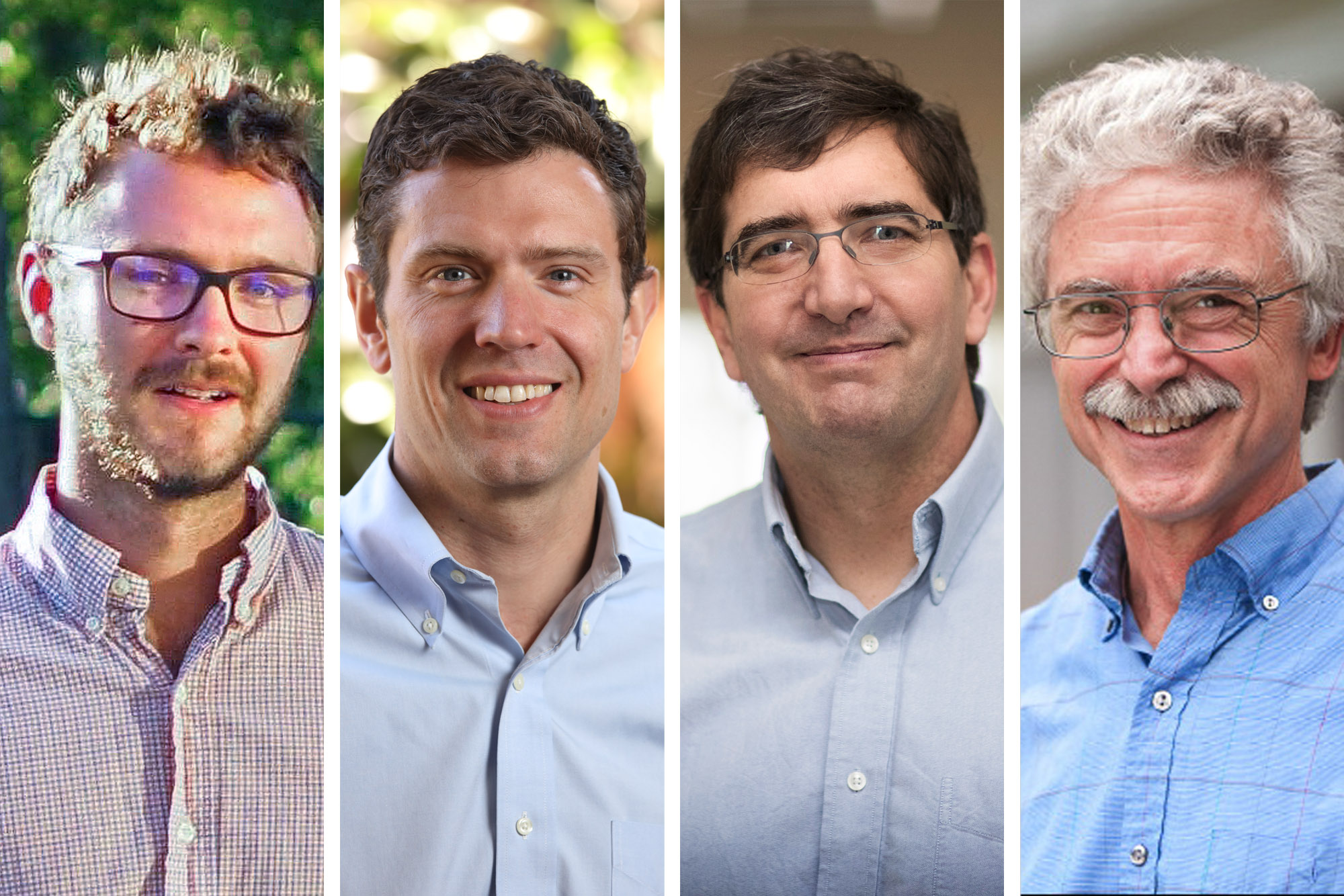A team led by researchers at the University of Virginia cautions that when it comes to climate change, the world is making a bet it might not be able to cover.
The team's new paper in the journal Nature Climate Change explores how plans to avoid the worst outcomes of a warming planet could bring their own side effects.
The handful of models the United Nations Intergovernmental Panel on Climate Change and decision-makers around the world trust to develop strategies to meet carbon neutrality commitments all assume negative emissions technologies will be available as part of the solution.
Negative emissions technologies, often called NETs, remove carbon dioxide from the atmosphere. The three most widely studied approaches are bioenergy with carbon capture and storage, which entails growing crops for fuel, then collecting and burying the CO2 from the burned biomass; planting more forests; and direct air capture, an engineered process for separating CO₂ from the air and storing it permanently, likely underground.

"The trouble is, nobody has tried these technologies at the demonstration scale, much less at the massive levels necessary to offset current CO2 emissions," said Andres Clarens, a professor in UVA Engineering's Department of Engineering Systems and Environment and associate director of UVA's pan-University Environmental Resilience Institute. The institute partially funded the research leading to the Nature Climate Change paper.
"Our paper quantifies their costs so we can have an honest conversation about it before we start doing this on a large scale," Clarens said.
Since the Paris Agreement to limit global warming to 1.5 degrees Celsius, hammered out by world leaders in 2015, a growing number of corporations such as BP and many institutions and governments - including UVA and the Commonwealth of Virginia - have committed to reaching zero carbon emissions in the next few decades. Microsoft has pledged to erase its carbon emissions since its founding in 1975.
To Clarens, an engineer who studies carbon management, and his fellow researchers, these are encouraging developments. Led by Clarens' Ph.D. student, Jay Fuhrman, the group also includes economist Haewon McJeon and computational scientist Pralit Patel of the Joint Global Change Research Institute at the University of Maryland; UVA's Joe D. and Helen J. Kington Professor of Environmental Sciences, Scott C. Doney; and William M. Shobe, research director at UVA's Weldon Cooper Center for Public Service and a professor in the Batten School of Leadership and Public Policy.






